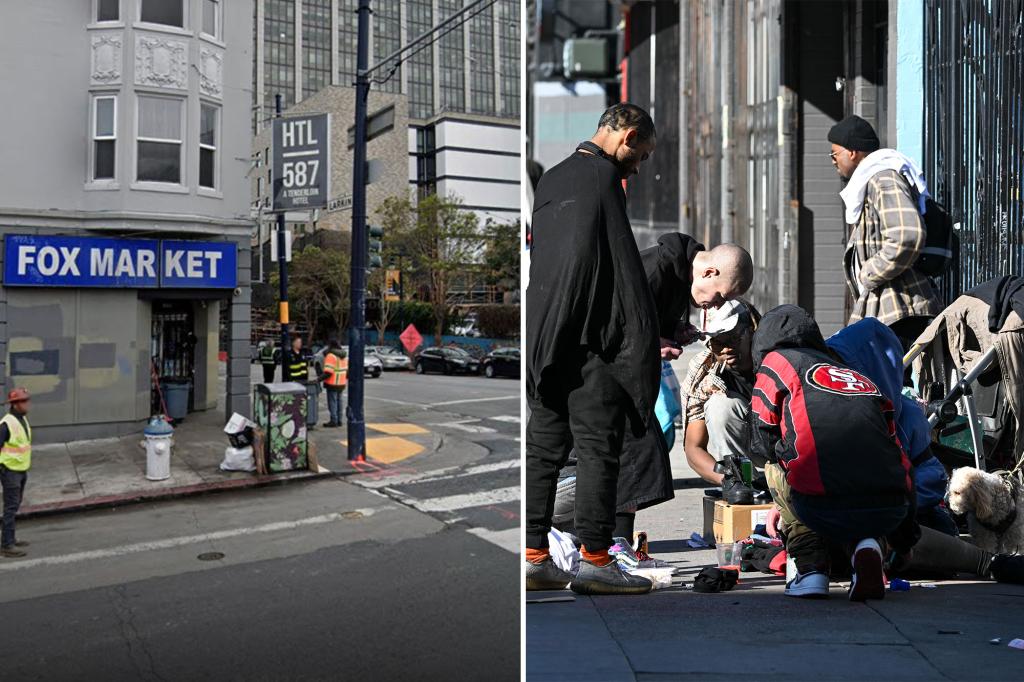Adam Nathan, the CEO of Blaze and chair of the Salvation Army San Francisco Metro Advisory Board, criticized a program in San Francisco that offers free alcohol to homeless alcoholics. The program, known as the Managed Alcohol Program, is reported to cost the city $5 million a year. It involves nurses giving controlled doses of vodka and beer to homeless individuals in an effort to keep them off the streets and out of the emergency room or jail.
The Managed Alcohol Program started with 10 beds and has now grown to 20, serving a total of 65 clients over the four years of its existence. Nathan expressed concern about the program, particularly the aspect where free beer is provided to identified individuals with alcohol use disorder. He questioned the effectiveness of giving free drugs to drug addicts and raised concerns about the lack of a focus on recovery in the program.
Nathan mentioned the harm reduction approach called “safe supply,” used in areas like Canada’s British Columbia, which provides free opioids to users to prevent overdoses on fentanyl. However, he highlighted that the results of this approach have been mixed and sparked considerable debate. He also questioned the lack of public awareness and approval of the Managed Alcohol Program, as well as its location in an old hotel, away from public scrutiny.
The Salvation Army, which runs various recovery programs focused on abstinence, is concerned about the lack of transparency and public perception surrounding the Managed Alcohol Program. Nathan criticized the city’s health department for allegedly not helping people recover but rather keeping them sick. He pointed out that government funds should be directed towards programs that achieve their objectives and provide public benefits, as exemplified by various initiatives like President Biden’s infrastructure bill and healthcare subsidies for low-income individuals.
Despite the city’s health officials denying Nathan’s claims of misinformation and saying that the alcohol on the premises is not readily available to just anyone, the debate surrounding the Managed Alcohol Program continues. Nathan emphasized the need for recovery-focused solutions for individuals struggling with chronic alcoholism, questioning the overall effectiveness and approach of the program. He raised concerns about the impact of providing free alcohol to homeless individuals and advocated for more transparent and public discussion on the issue.


